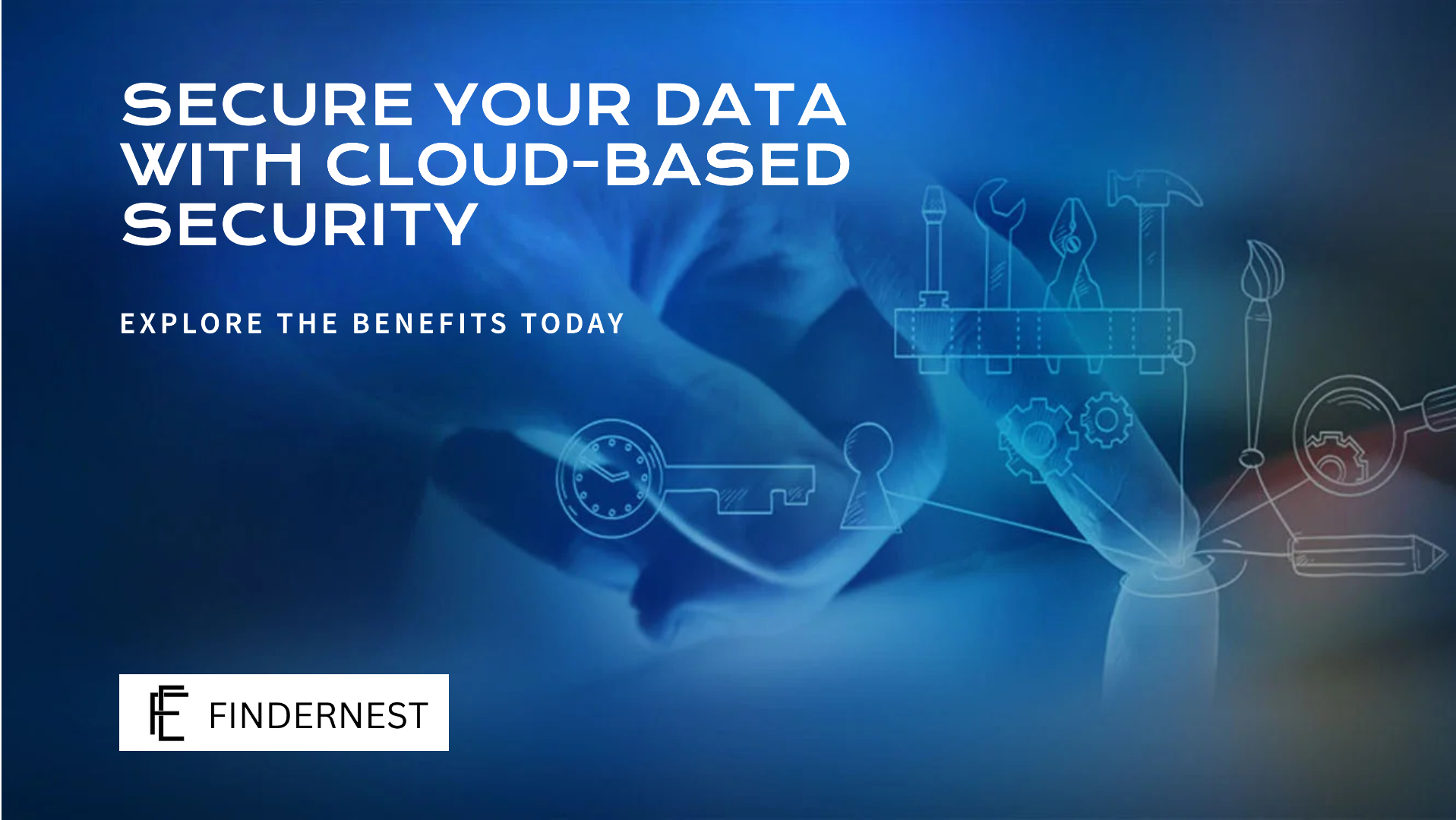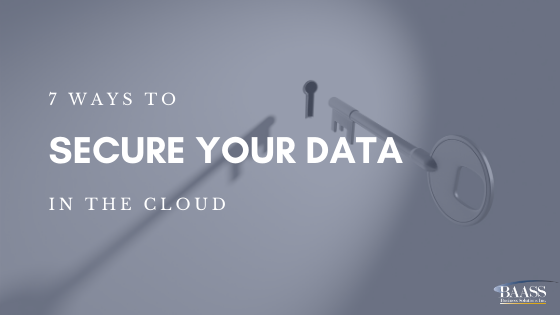As businesses increasingly rely on cloud-based solutions for data storage and management, securing sensitive information becomes paramount. Cloud-based solutions offer many benefits, but they also present unique security challenges. This article explores how to secure your data with cloud-based solutions by focusing on key security measures, best practices, and essential features.

Understand Cloud Security Basics
Cloud security involves protecting data, applications, and infrastructure hosted on cloud platforms. It encompasses various practices and technologies to safeguard against threats and vulnerabilities. Familiarize yourself with cloud security concepts, including data encryption, access controls, and compliance requirements. Understanding these basics helps you make informed decisions about securing your data.
Choose a Trusted Cloud Provider
Selecting a reputable cloud provider is crucial for data security. Research potential providers to assess their security measures and track record. Look for certifications and compliance with industry standards such as ISO 27001, GDPR, and HIPAA. A trusted cloud provider should offer robust security features and demonstrate a commitment to protecting customer data.
Implement Data Encryption
Data encryption is a fundamental security measure for protecting sensitive information. Ensure that your cloud provider offers encryption for data at rest and in transit. Encryption converts data into a secure format that can only be accessed by authorized users with the decryption key. This protects your data from unauthorized access and potential breaches.
Utilize Access Controls
Access controls manage who can access and interact with your data. Implement strong access controls by using features such as multi-factor authentication (MFA) and role-based access control (RBAC). MFA adds an extra layer of security by requiring users to verify their identity through multiple methods. RBAC restricts access based on user roles and responsibilities, minimizing the risk of unauthorized access.
Monitor and Audit Activity
Regular monitoring and auditing of cloud-based systems are essential for identifying and addressing security issues. Use tools and services provided by your cloud provider to track access and changes to your data. Implement logging and auditing features to review user activity and detect any unusual behavior. Continuous monitoring helps you respond quickly to potential threats and maintain a secure environment.
Backup Your Data
Data backups are critical for protecting against data loss and ensuring business continuity. Ensure that your cloud provider offers reliable backup solutions and regularly back up your data. Test backup processes to verify their effectiveness and ensure that you can restore data when needed. Implementing a backup strategy helps safeguard your data against accidental deletion, corruption, or other issues.
Stay Informed About Security Updates
Cloud providers frequently update their security features and protocols to address emerging threats. Stay informed about these updates and apply them promptly to your cloud-based systems. Regularly review security advisories and update your software to benefit from the latest security enhancements. Keeping your systems up-to-date helps protect against new vulnerabilities and threats.
Implement Strong Password Policies
Strong passwords are essential for protecting access to cloud-based systems. Implement robust password policies that require complex passwords and regular changes. Educate users about the importance of password security and encourage the use of password managers. Strong password practices help prevent unauthorized access and reduce the risk of security breaches.
Ensure Compliance with Regulations
Compliance with data protection regulations is critical for securing your data in the cloud. Familiarize yourself with relevant regulations such as GDPR, CCPA, and HIPAA. Ensure that your cloud provider complies with these regulations and that you adhere to their requirements for data handling and protection. Compliance helps you meet legal obligations and maintain data security.
Educate Your Team
User behavior plays a significant role in data security. Educate your team about cloud security best practices and potential threats. Provide training on recognizing phishing attacks, using secure passwords, and following security protocols. Raising awareness and promoting good security practices among team members helps strengthen your overall security posture.
Conclusion
Securing your data with cloud-based solutions involves a combination of choosing a trusted provider, implementing strong security measures, and following best practices. By understanding cloud security basics, utilizing encryption and access controls, monitoring activity, and staying informed about updates, you can protect your data and mitigate risks. Ensuring compliance and educating your team further enhances your data security efforts, helping you maintain a secure cloud environment.
